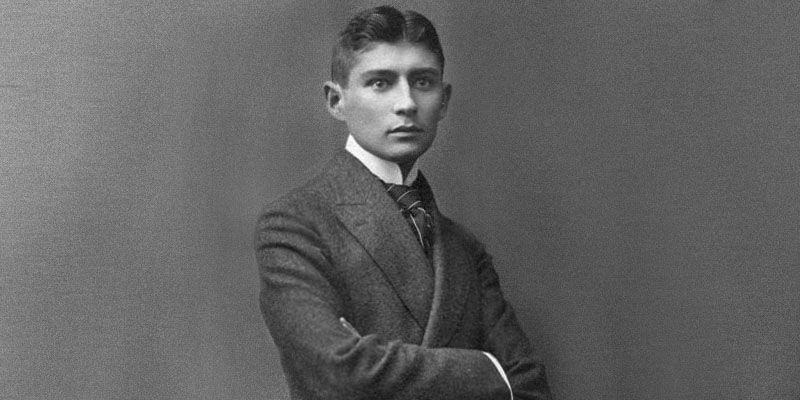Enter Sabbateanism
- Solomon K.

- Aug 10, 2025
- 3 min read
I remind you, that at a quick glance over Jewish history, there are 2 acute messianic movements, with literature and a following and impact and a self-conscious messianic leader and all that that entails.
They are different in their nature, and how they interacted with Jewish history, but the one is early Christianity in the first century and the second is the mystical kabbalistic Sabbatean movement in the seeventeenth century.
2 Pillars, in 3 Sequences Each
It is important for us to remember this point. These 2 phenomena had enormous influence, in different ways, on messianism – the ideas, the examples, the literature, the narrative, popular opinions on messianism.

That is why I chose to present messianism here through these 2 in sequences – what was before, during and after each. Then I present most other phenomena interacting with these threads.
We just had a look at bits of the messianic kabbalistic literature and figures preceding the Sabbatean outbreak. We did that retrospectively on purpose. We had in mind some points that the Sabbatean movement would utilize.
We showed those, namely the Lurianic Kabbalah of the sparks entrapped in the husks. Different aspects of Sabbateanism drew from all sorts of sources, but that most important point is that one.
Our Hero is Born
Mr. Shabbtai Zvi was born in the year 1626 in Izmir (Western Turkey of today) to a wealthy family of merchants. He was the youngest of 3 brothers.
After studying at the local yeshiva, from a young age he studied Kabbalah. He would isolate himself, as a spiritual act, and he would sing and dream dreams, he would immerse in water, and practiced asceticism in different forms.
Once, in the middle of the night, during an immersion in the sea, he almost drowned, alone. Some estimate that he was traumatized from this experience...

Twice he was married (to different women), and both times the wives left him, after he had barely touched them, let alone engage in sexual relations. [Some SPECULATE this was due to trauma from youth, something harming his penis.]
There are accounts telling that some people in his surroundings thought he was not entirely sane. His mannerisms and his behavior were typically back and forth, between moods of depression and anxiety. Modern scholars assume he was suffering from bi-polar disorder, or something like that.
Personal Revelation
He would be stuck in depression, and then go about declaring that he himself is caught up with the divine. Until one day, in the year 5,408 (1648), he experienced a revelation, which we read about in an account documented later in life:
When he passed from here by Aram-Tsova, Shabbtai Zvi told us all his matters from the year 1648, as the Spirit of the LORD rested upon him as he walked one night outside the city far two hours distance, and was in isolation until he heard the voice of G-d speaking to him:
You are the savior of Israel the Messiah son of David the Messiah of the G-d of Jacob and you will in the future redeem Israel and gather them from the four corners of the earth into Jerusalem…
And from that hour on he was clothed in the Holy Spirit and great enlightenment and was pronouncing the name of the LORD by the letter and was doing strange actions as he saw fit and worthy for a number of reasons and deeds of tikkun that he was carrying out.

And those who saw him were not understanding his matters and he was in their eyes as one who was led astray, and a number of times rabbis in Israel influenced them because of all the deeds of his were far from the mind, to the point where he was forced to separate from people to the deserts.
And every time he was seen he had grown and was greater and able to see what the mouth cannot speak and sometimes he was saddened greatly and at times he experienced the radiance of the Shekina and sometimes ha’Shem tried him with great trials harder than death and he withstood them all, until the year 5,425 while in Egypt the Holy Blessed One tried him in a great trial and praise to the Blessed G-d he prevailed in the trial.
After that, he took a great oath by several prayers and supplications by that he was not yet tried and behold on that very day he made that oath, the Holy Spirit left him, as well as all enlightenment, and he was as one of the people, and he was comforted by his strange deeds that he had done, for he did not yet understand their value in the way that he understood at the time he did them.
(Letter to the Rabbi of the City of Aram Tsova / Aleppo)



Comments